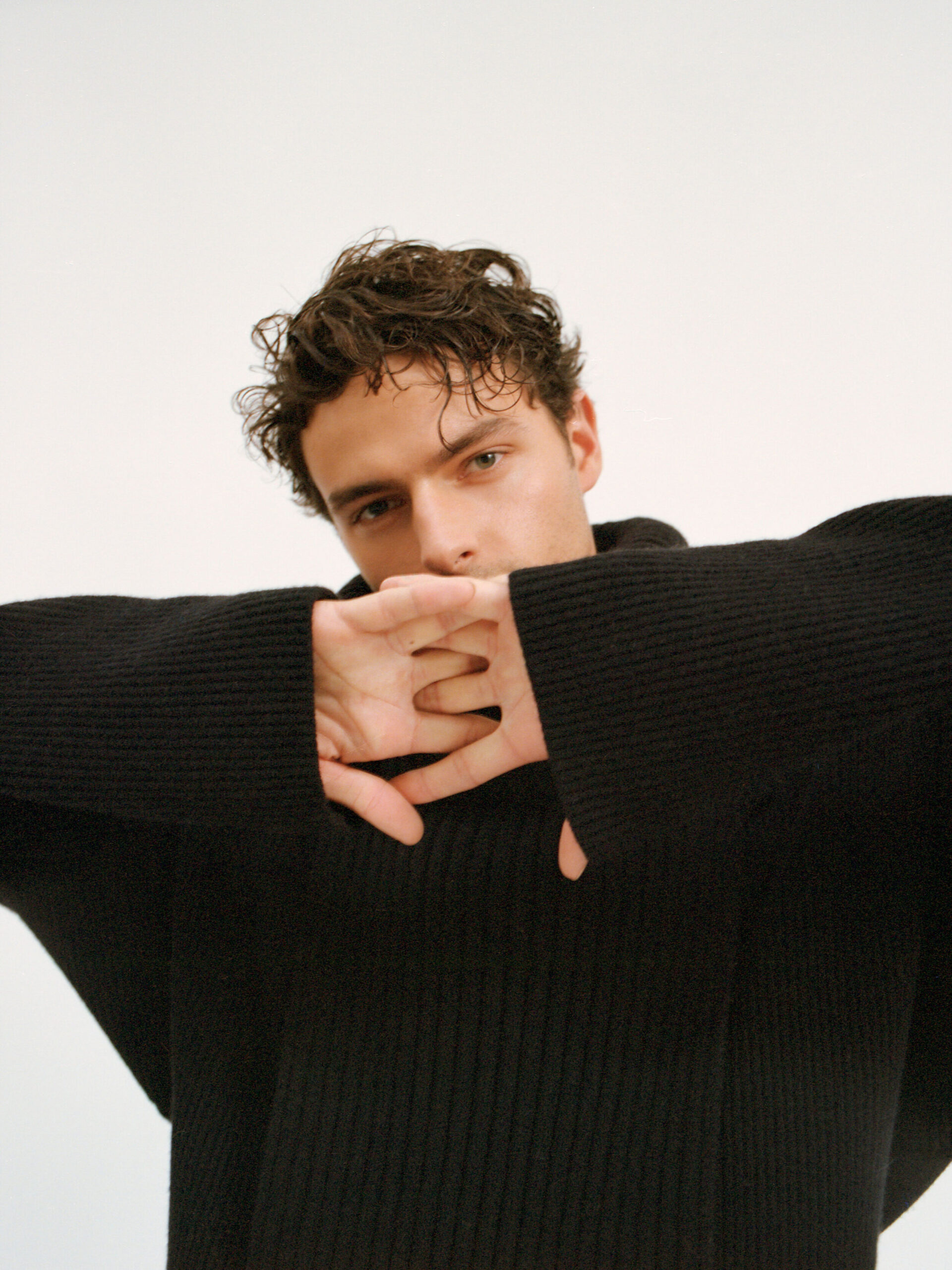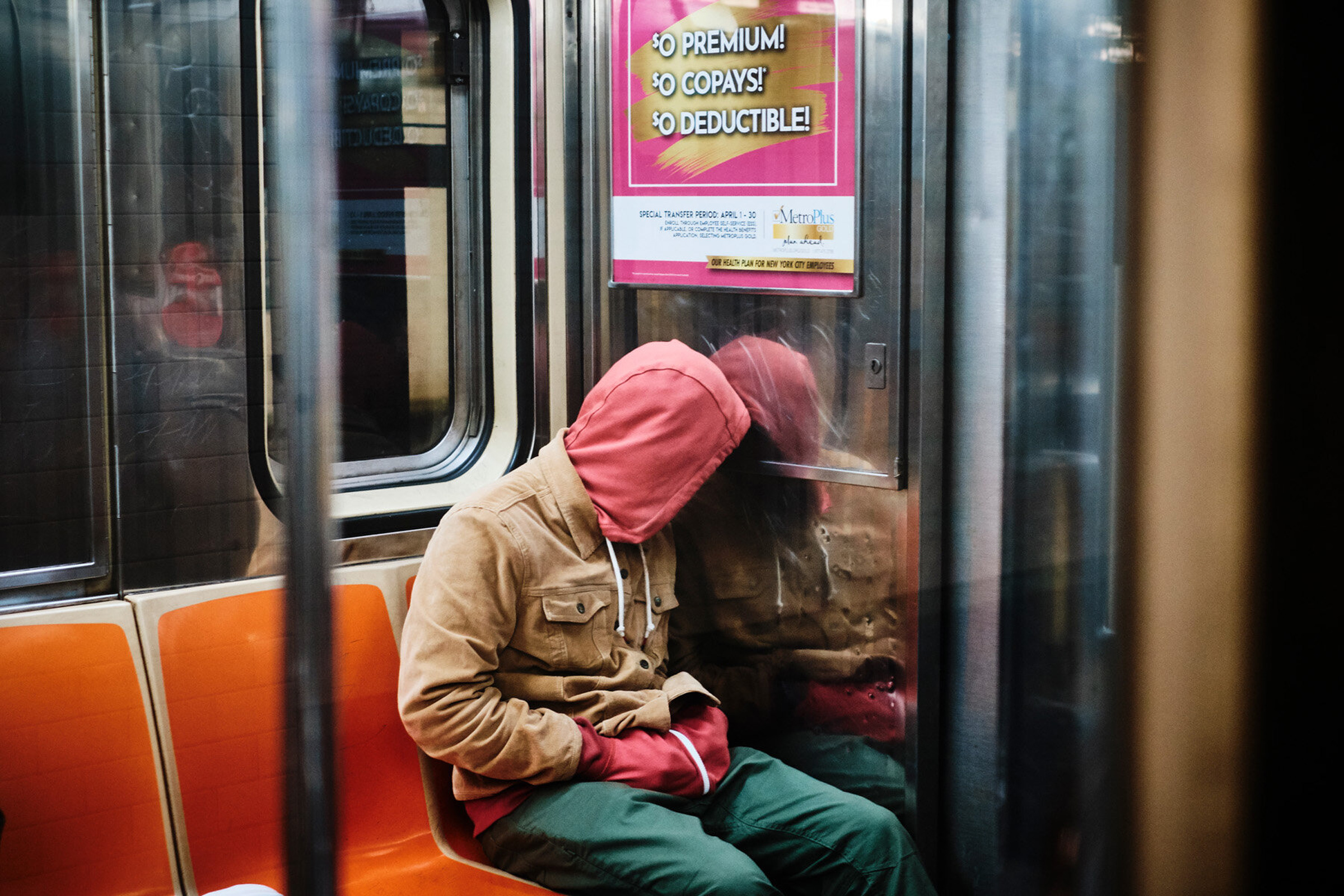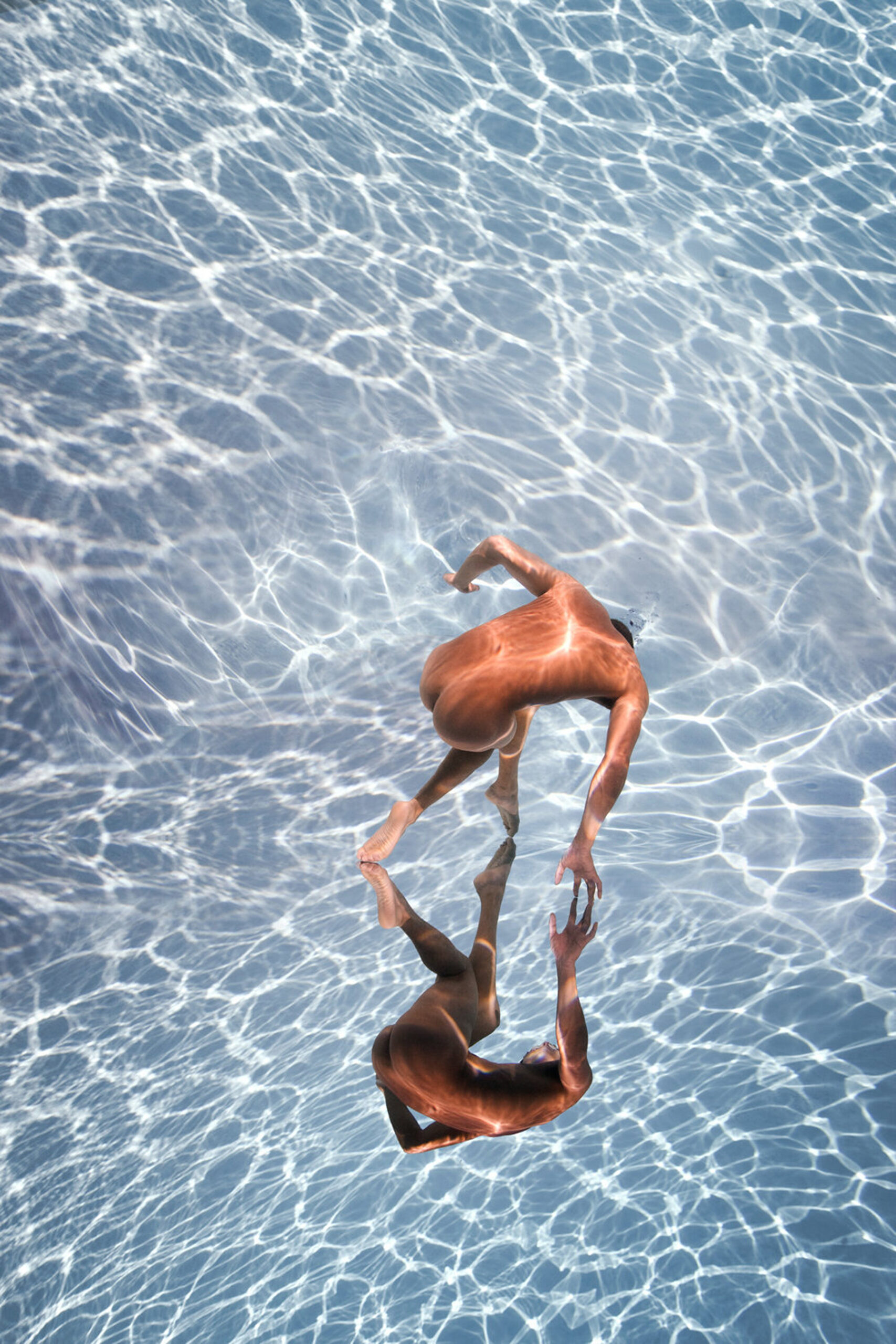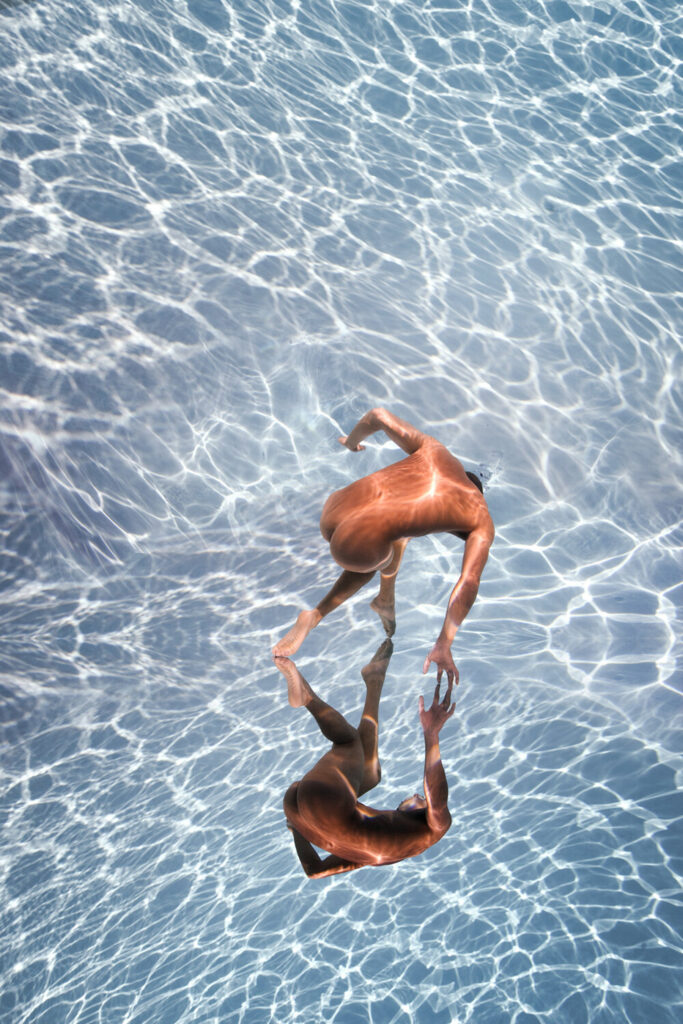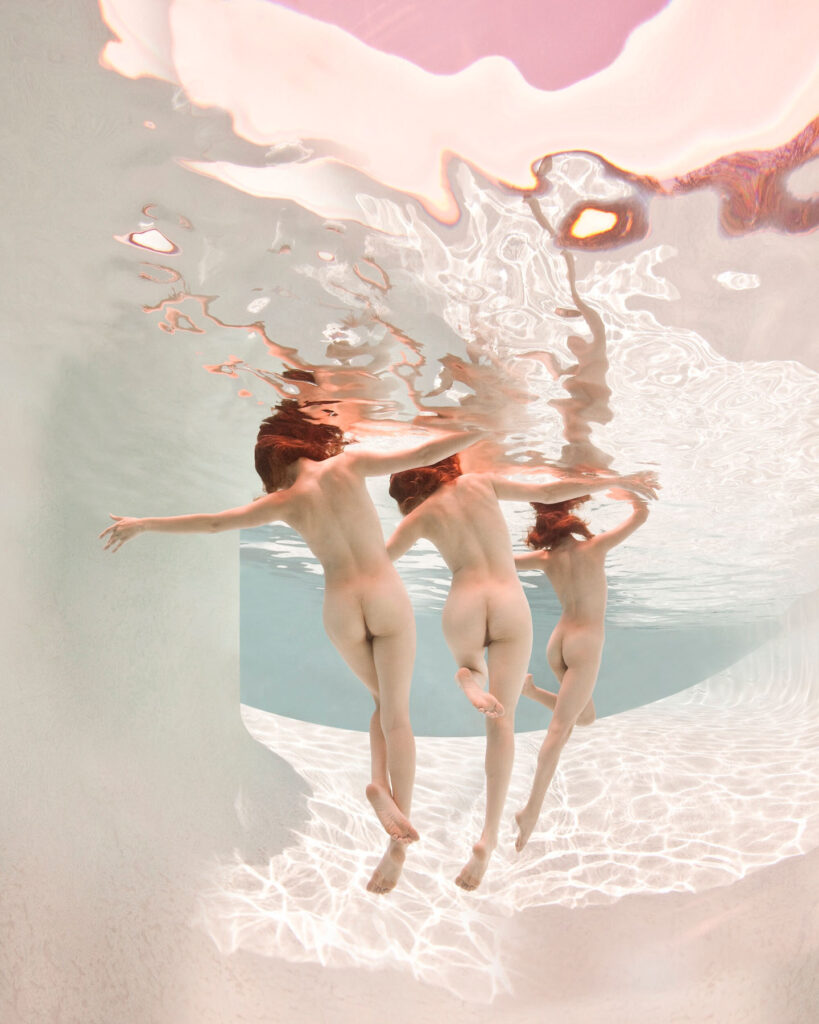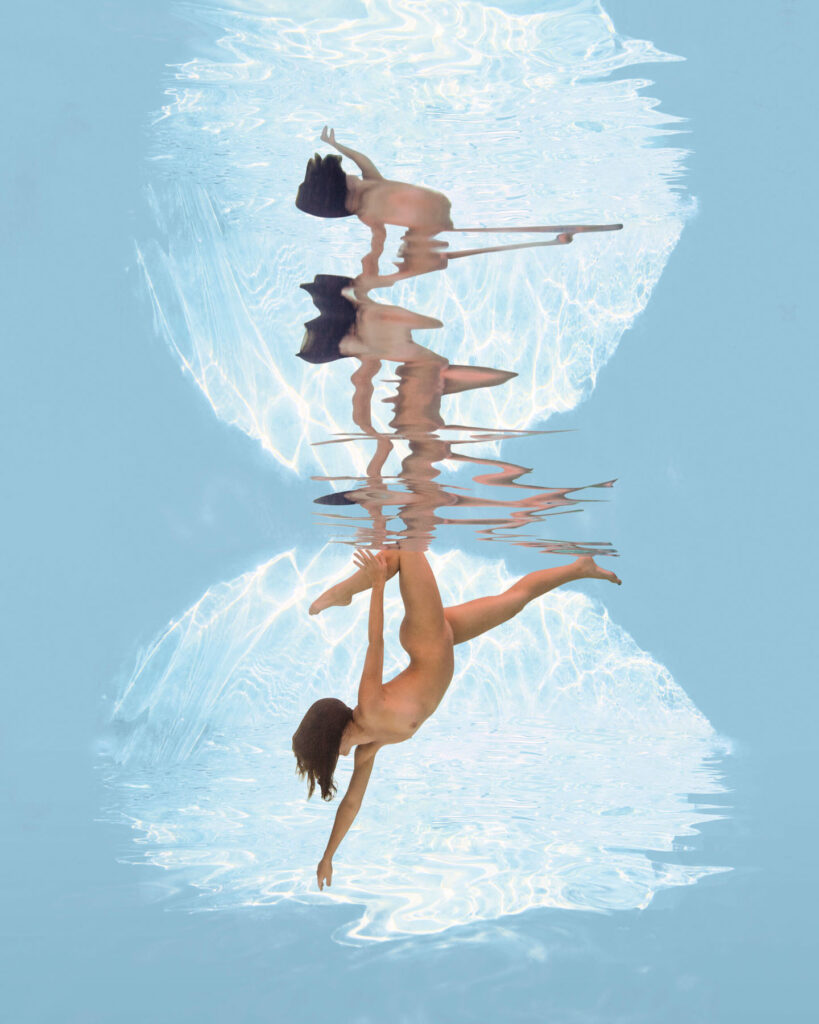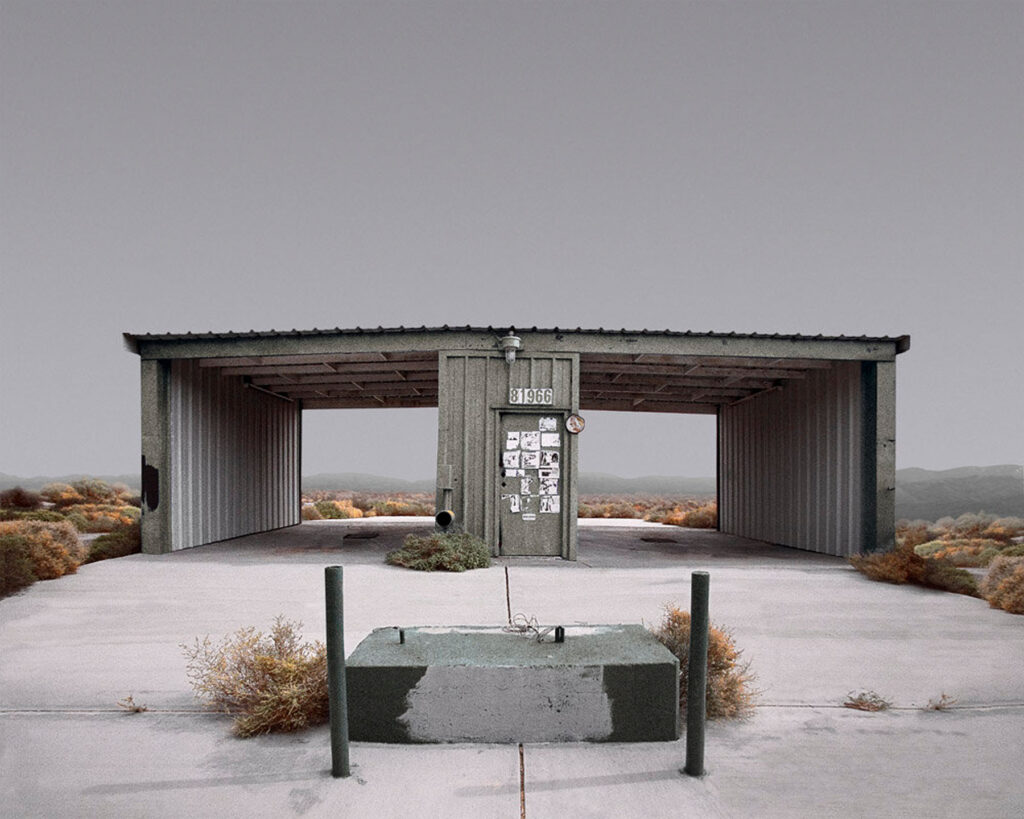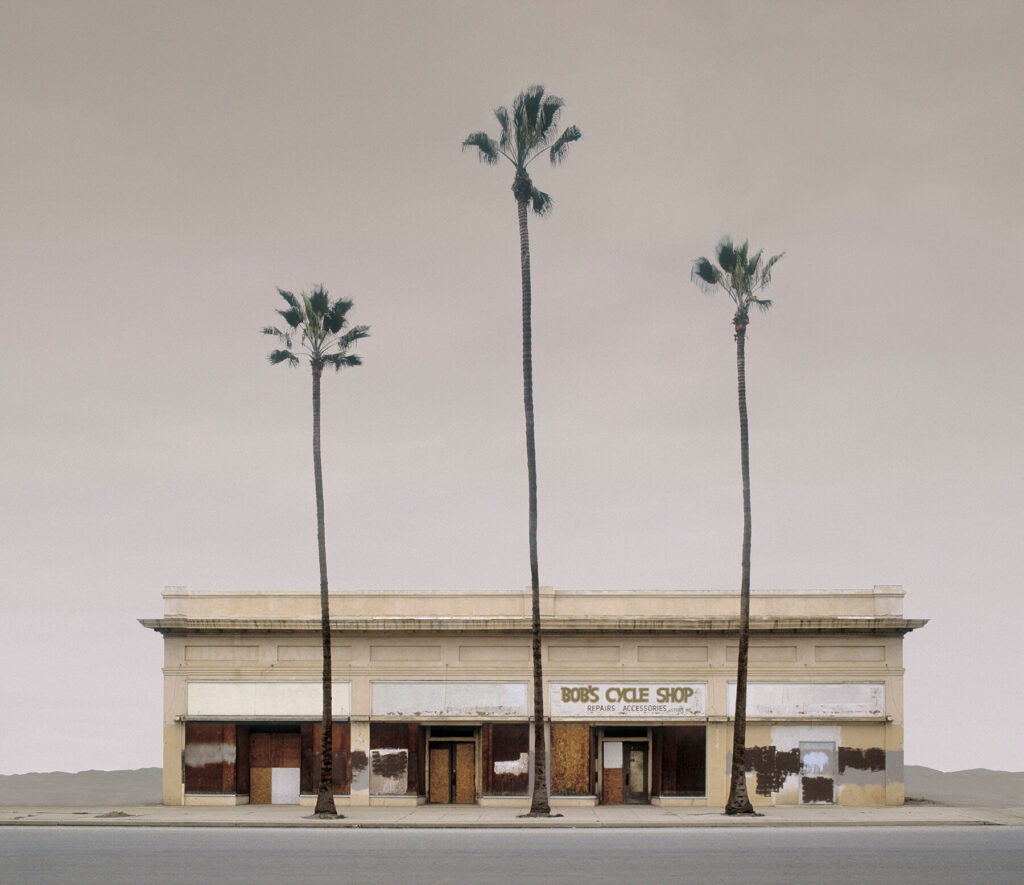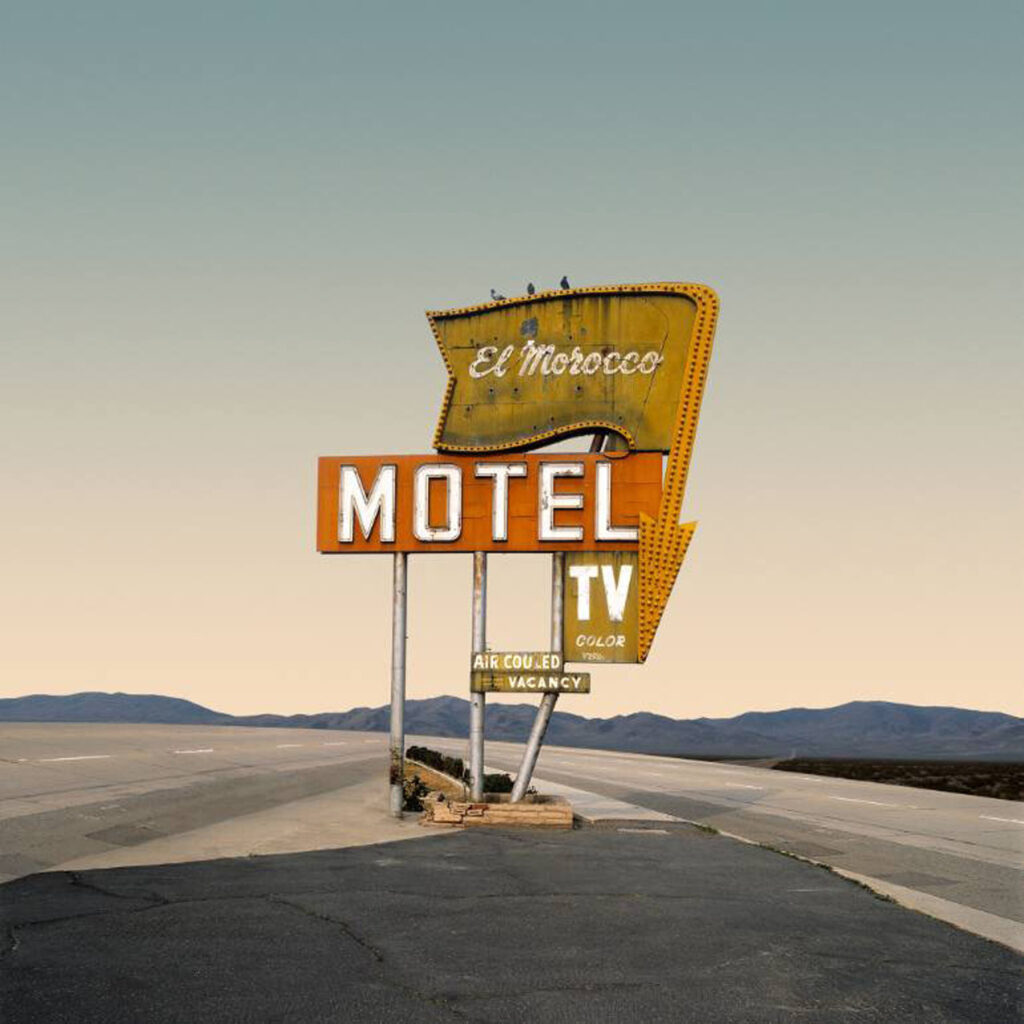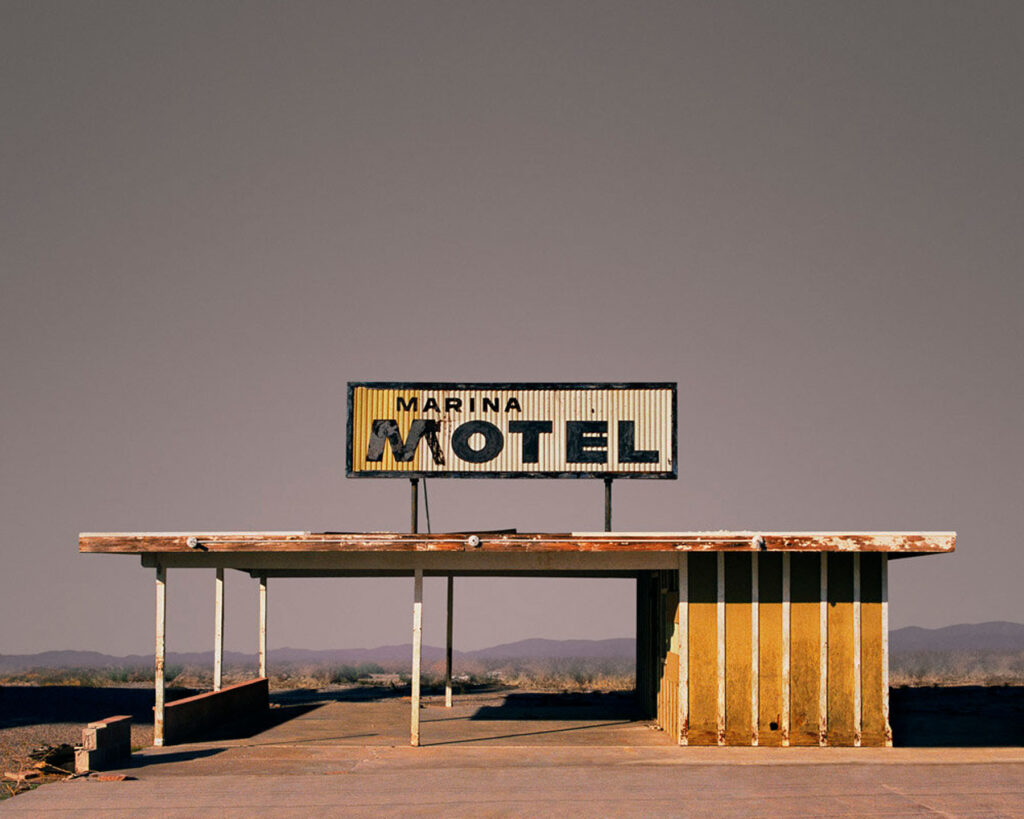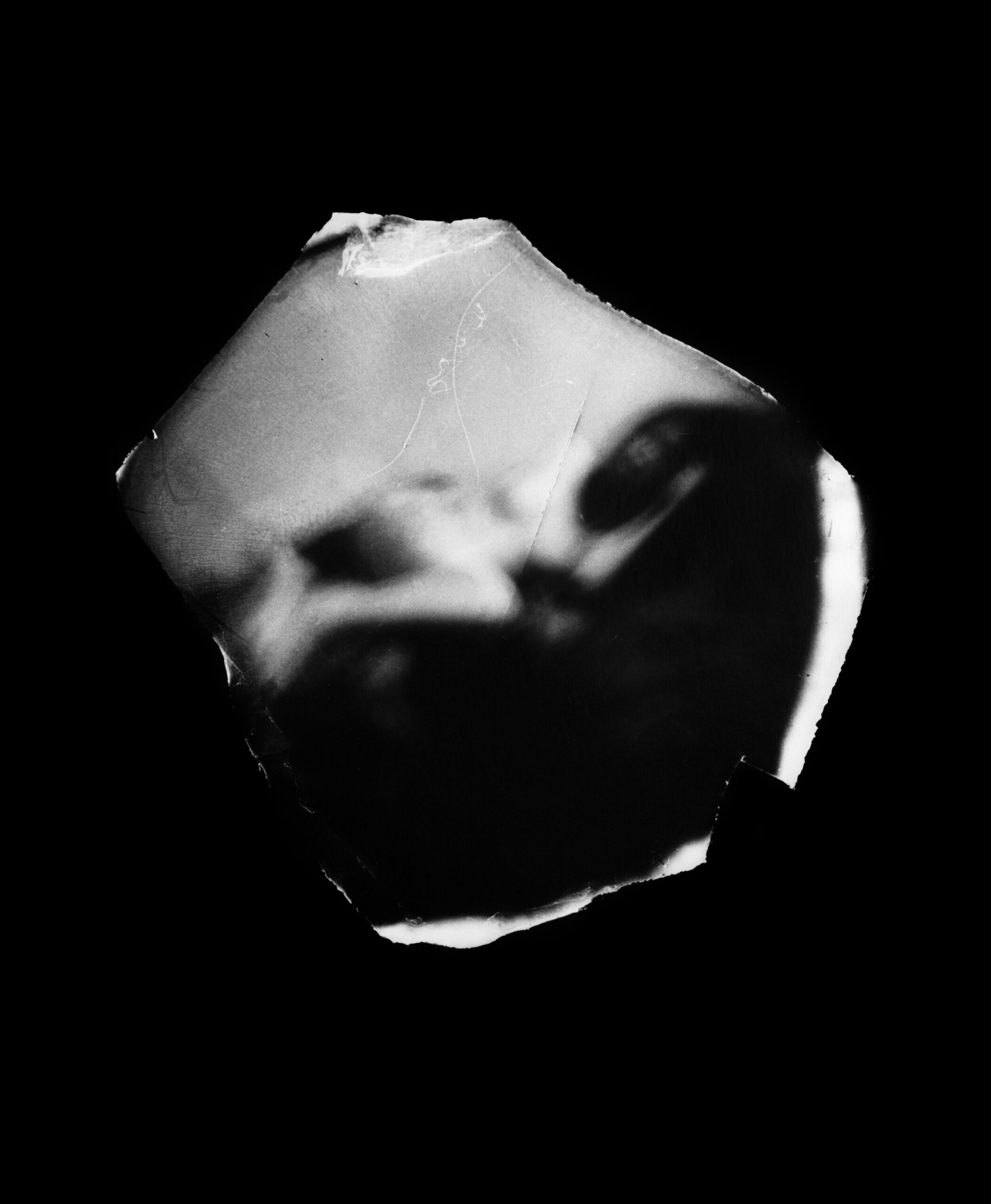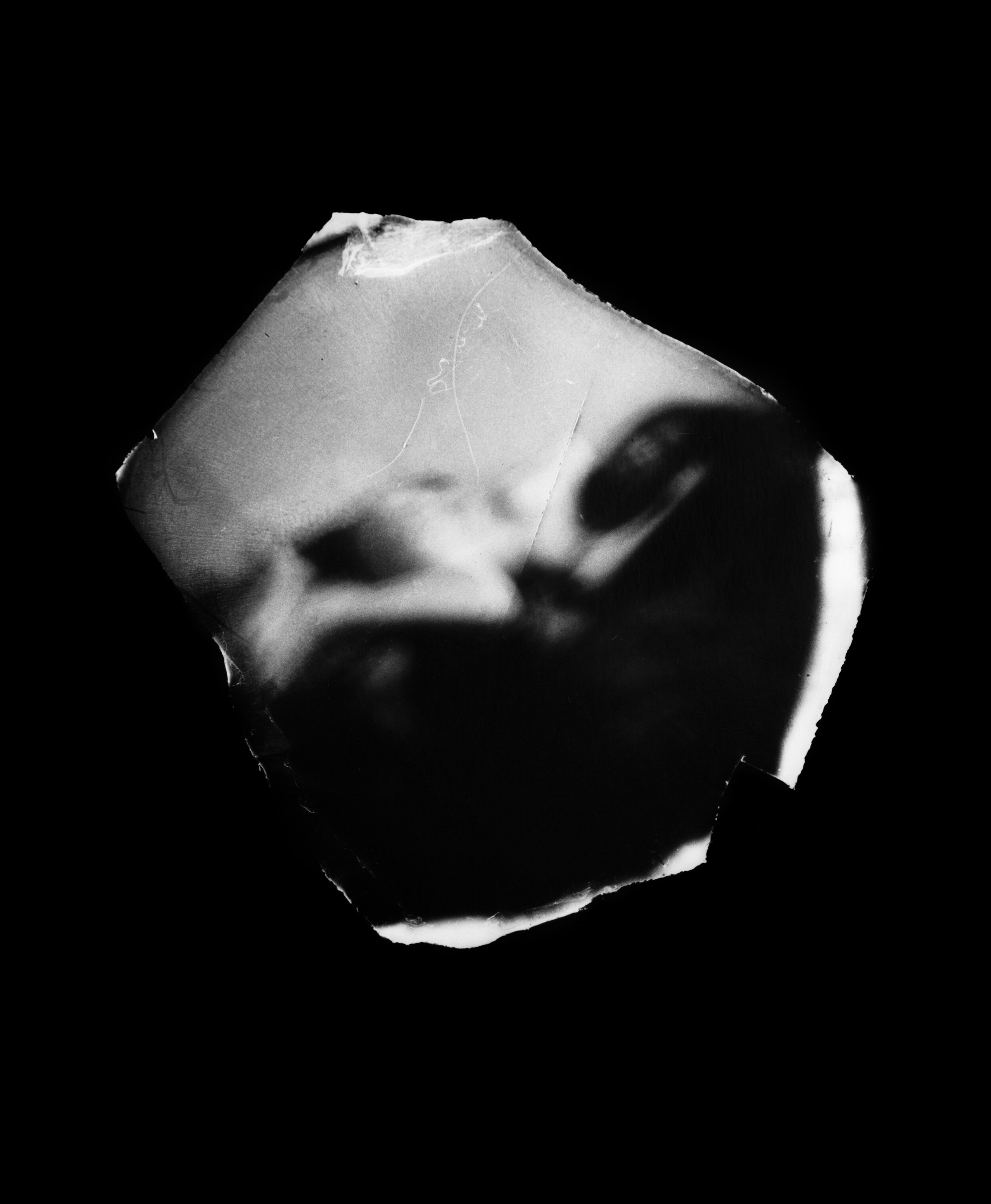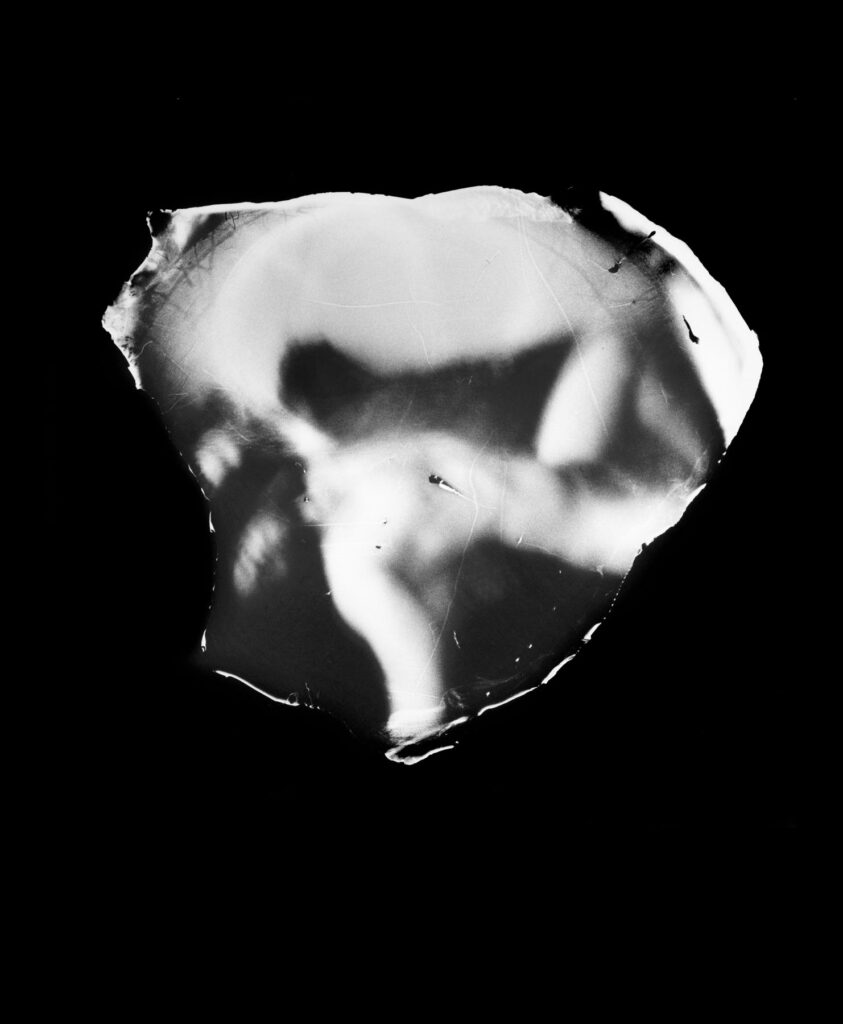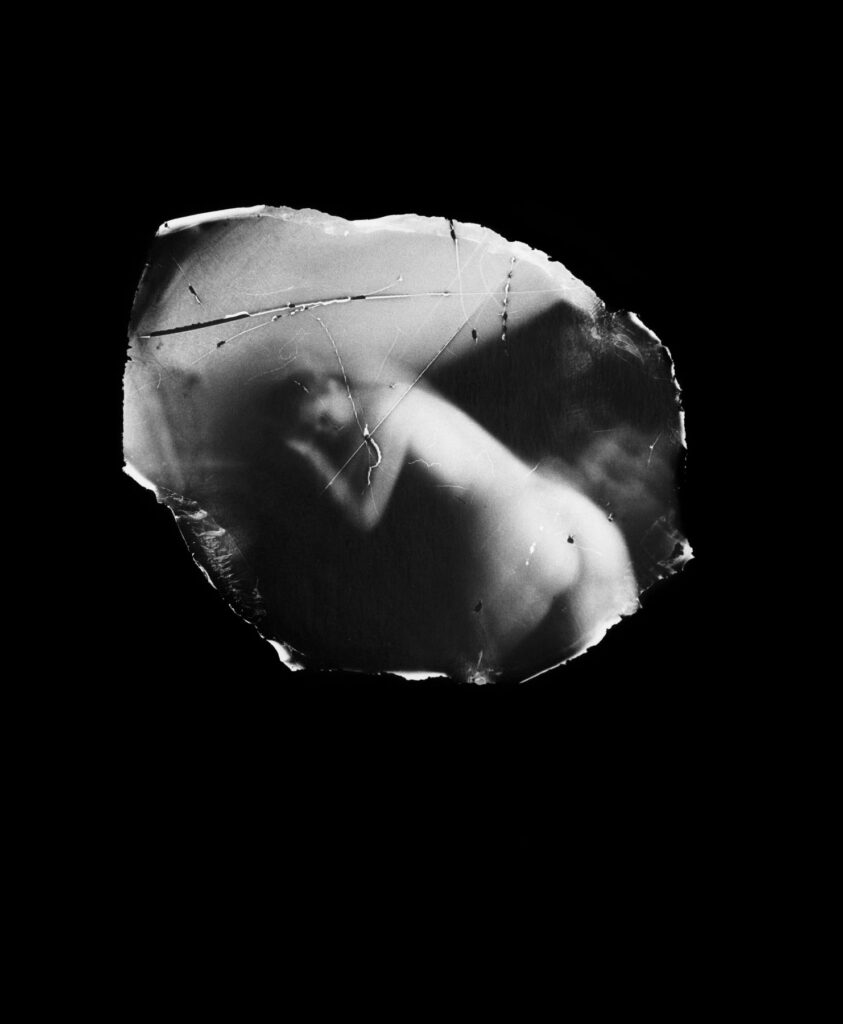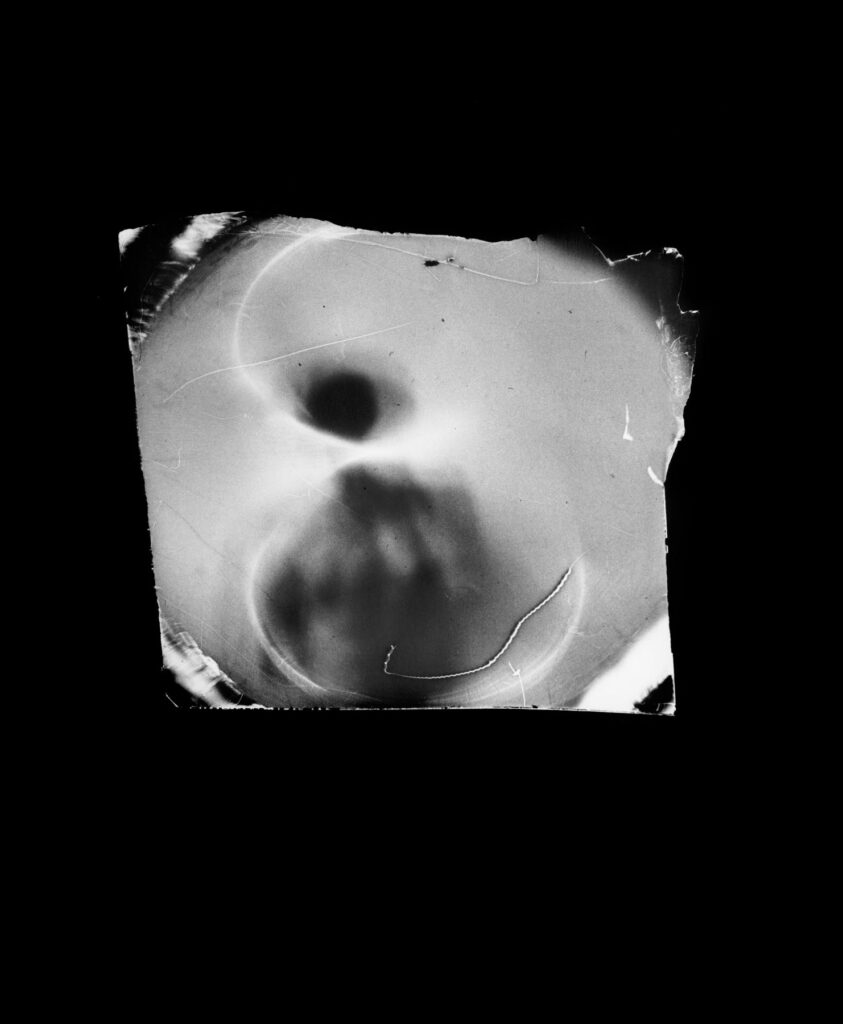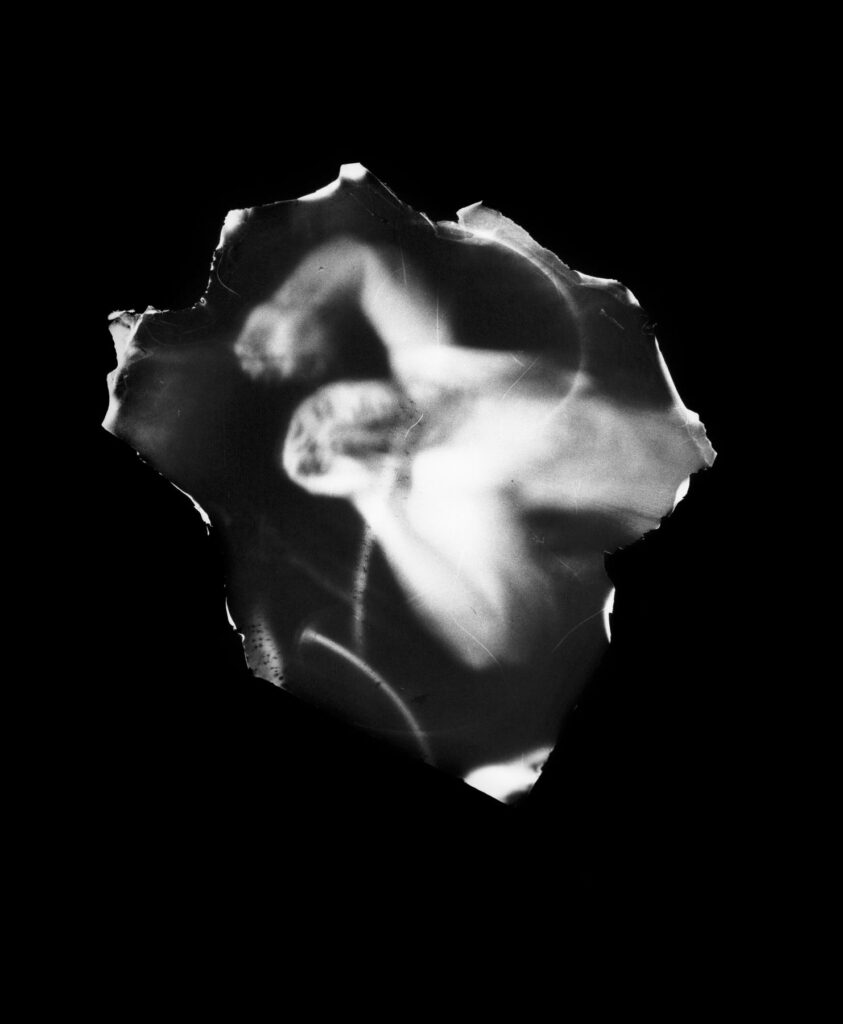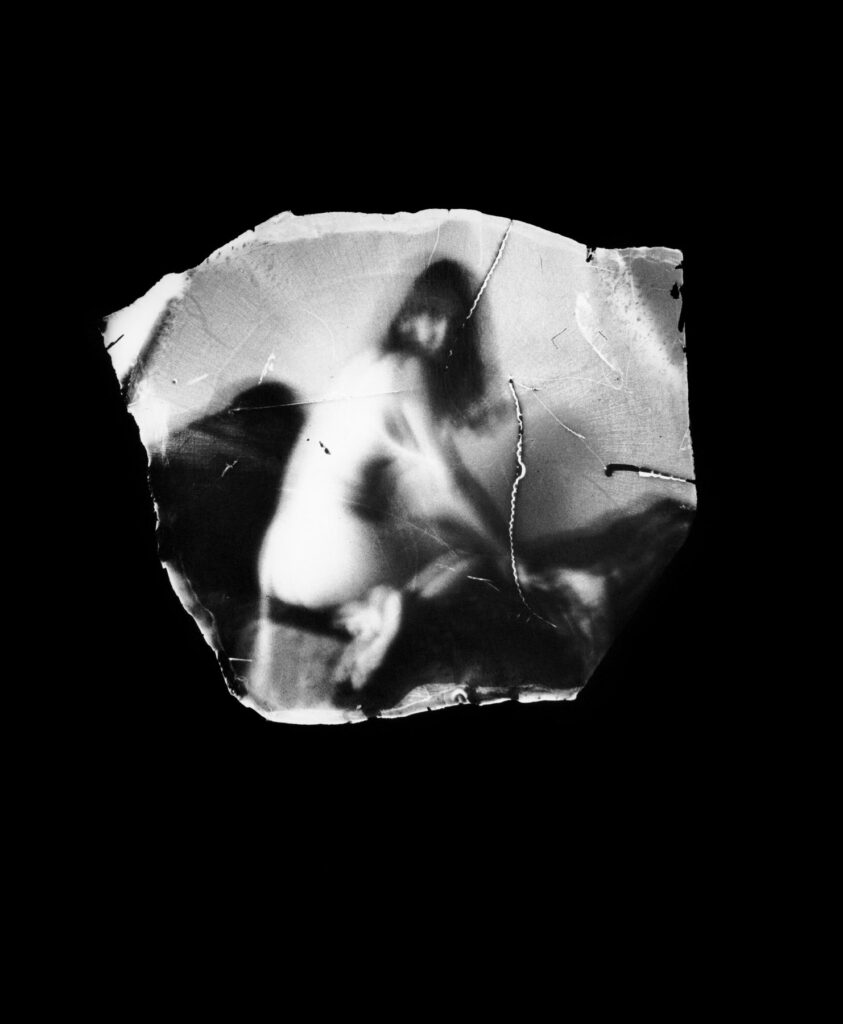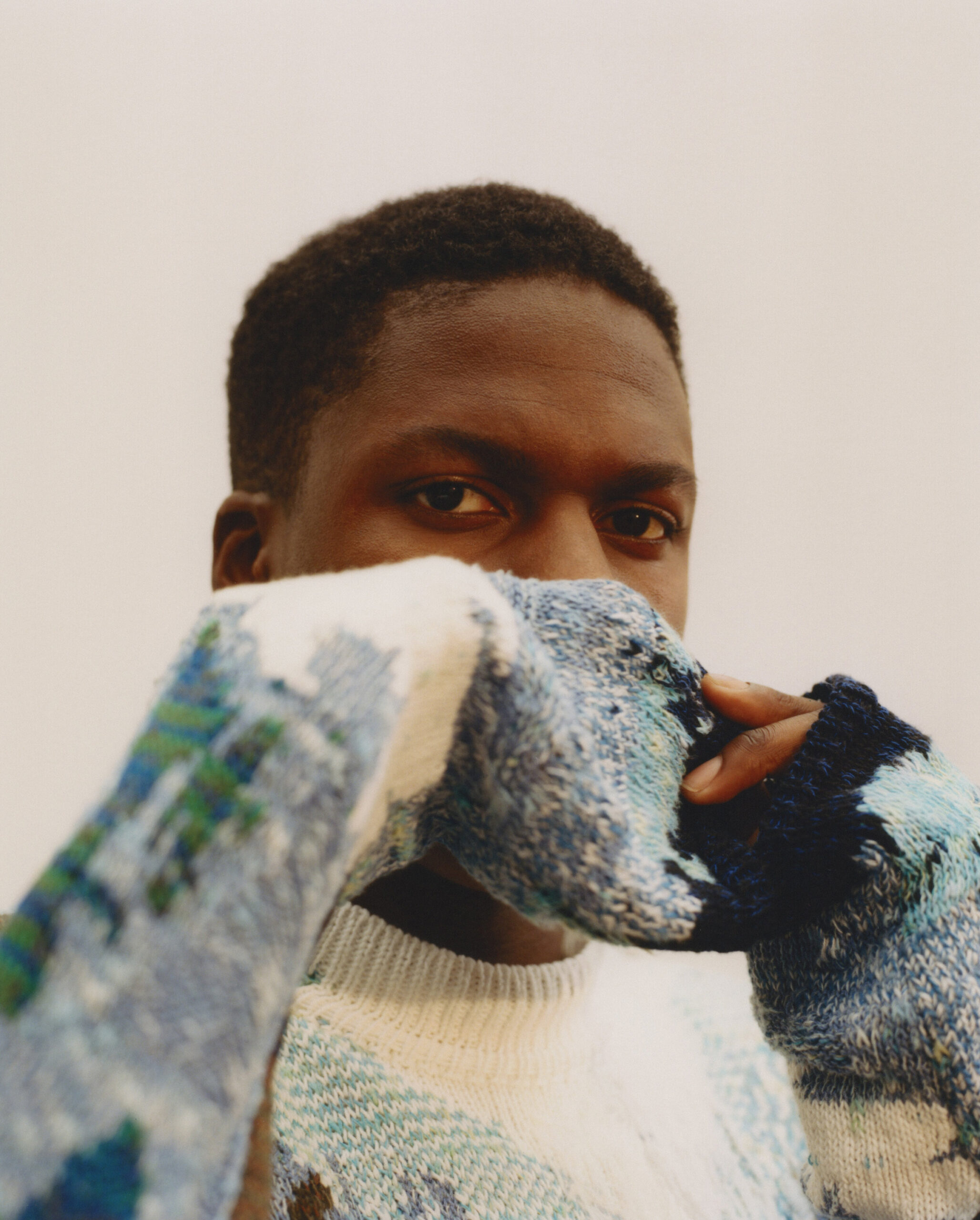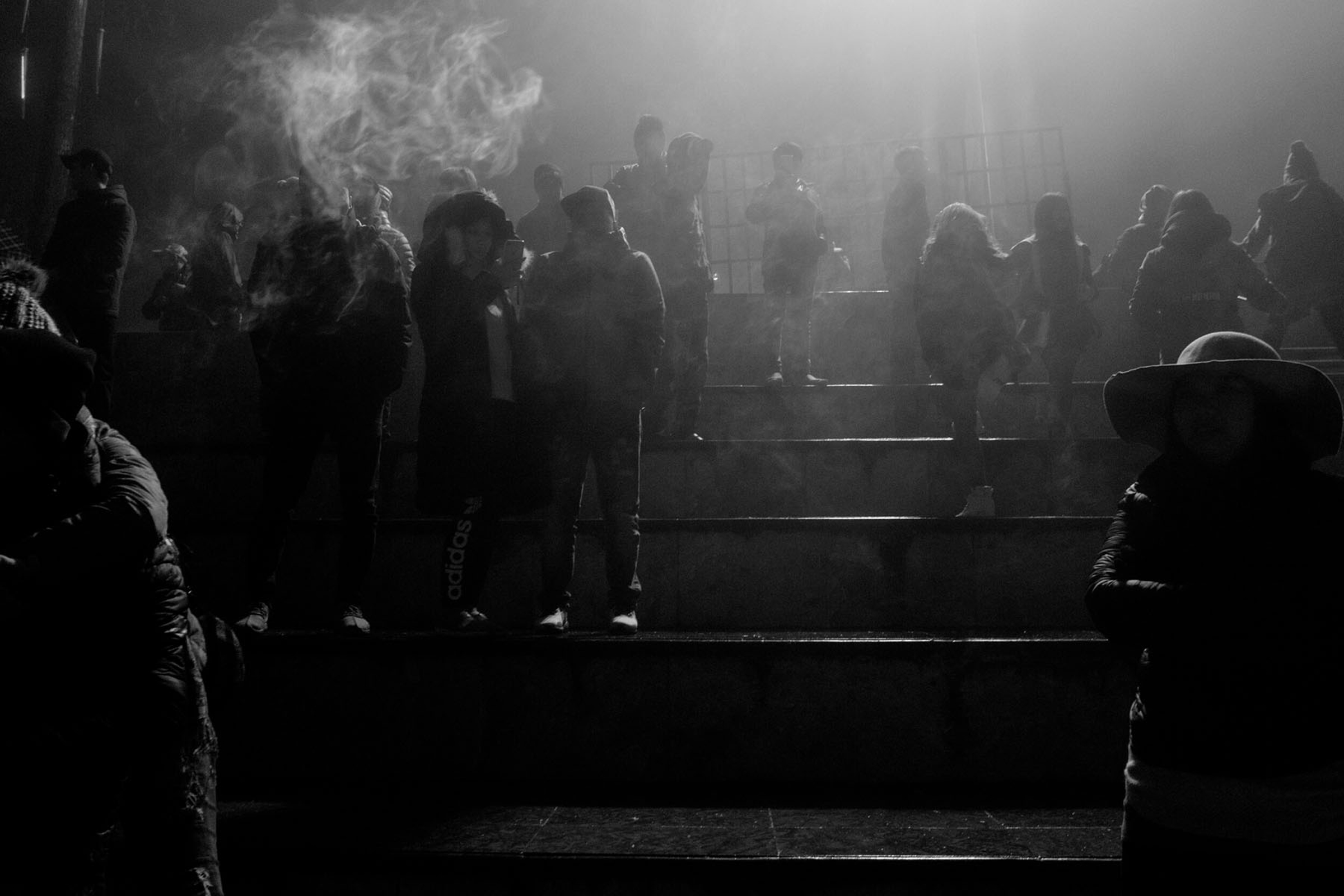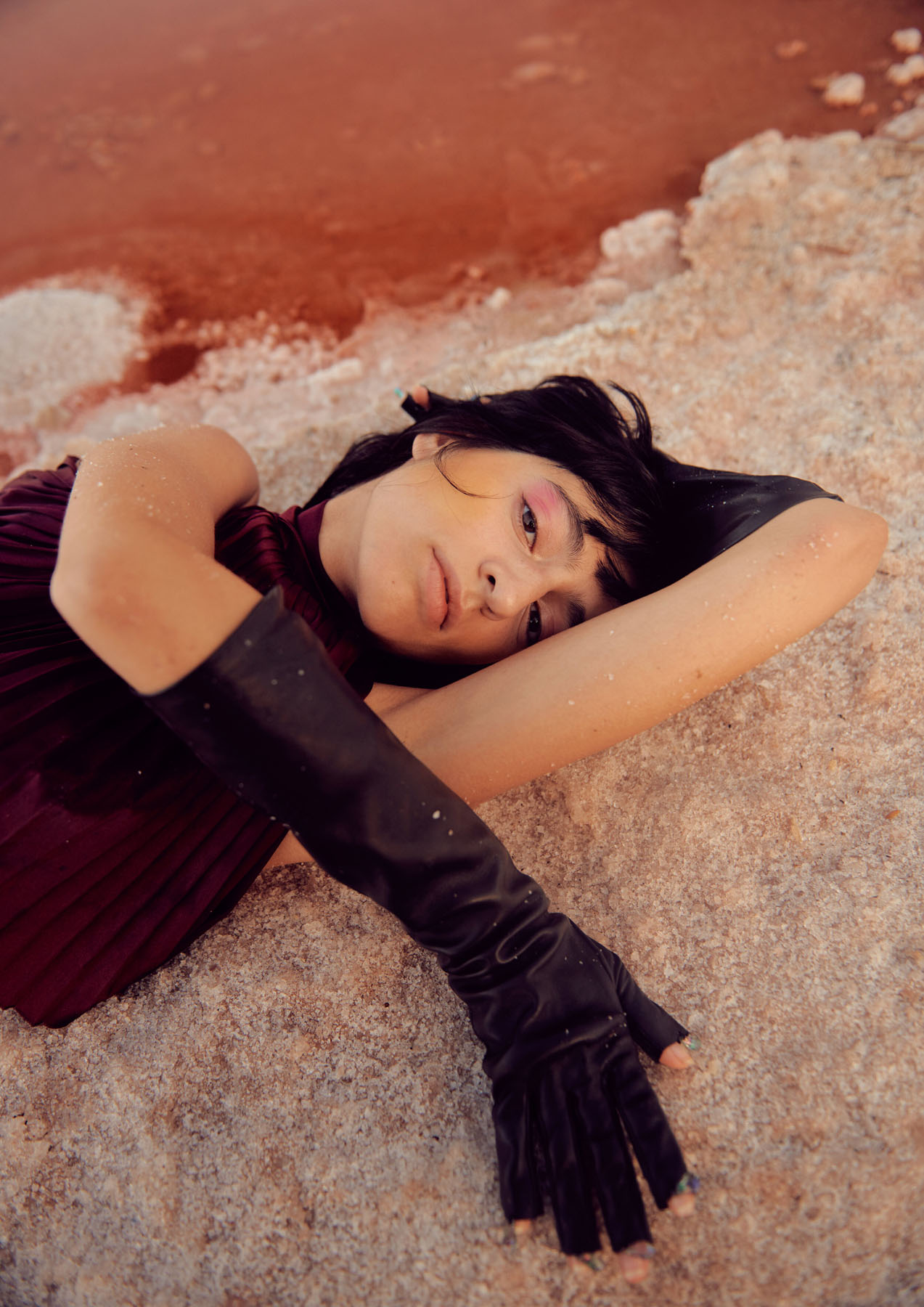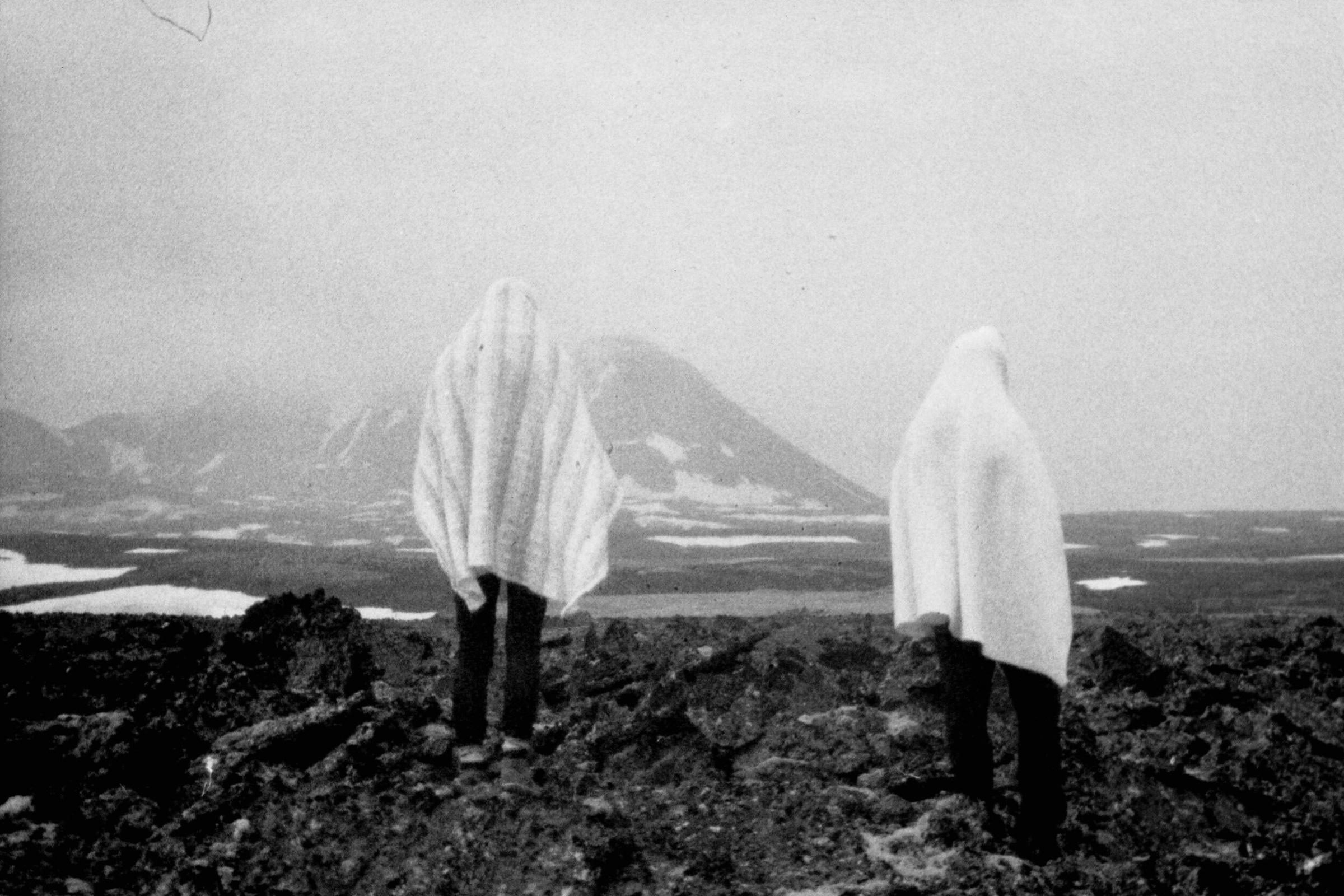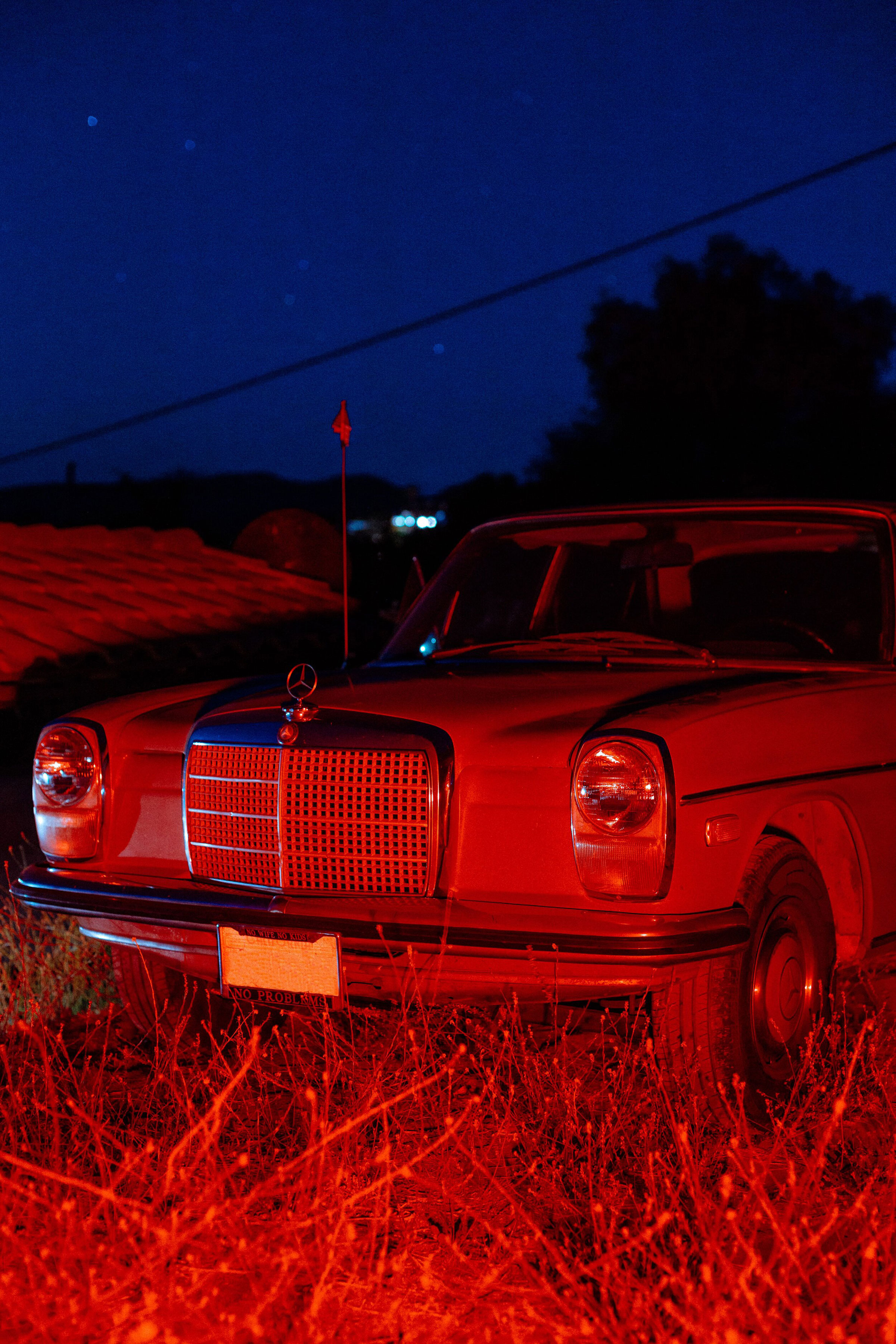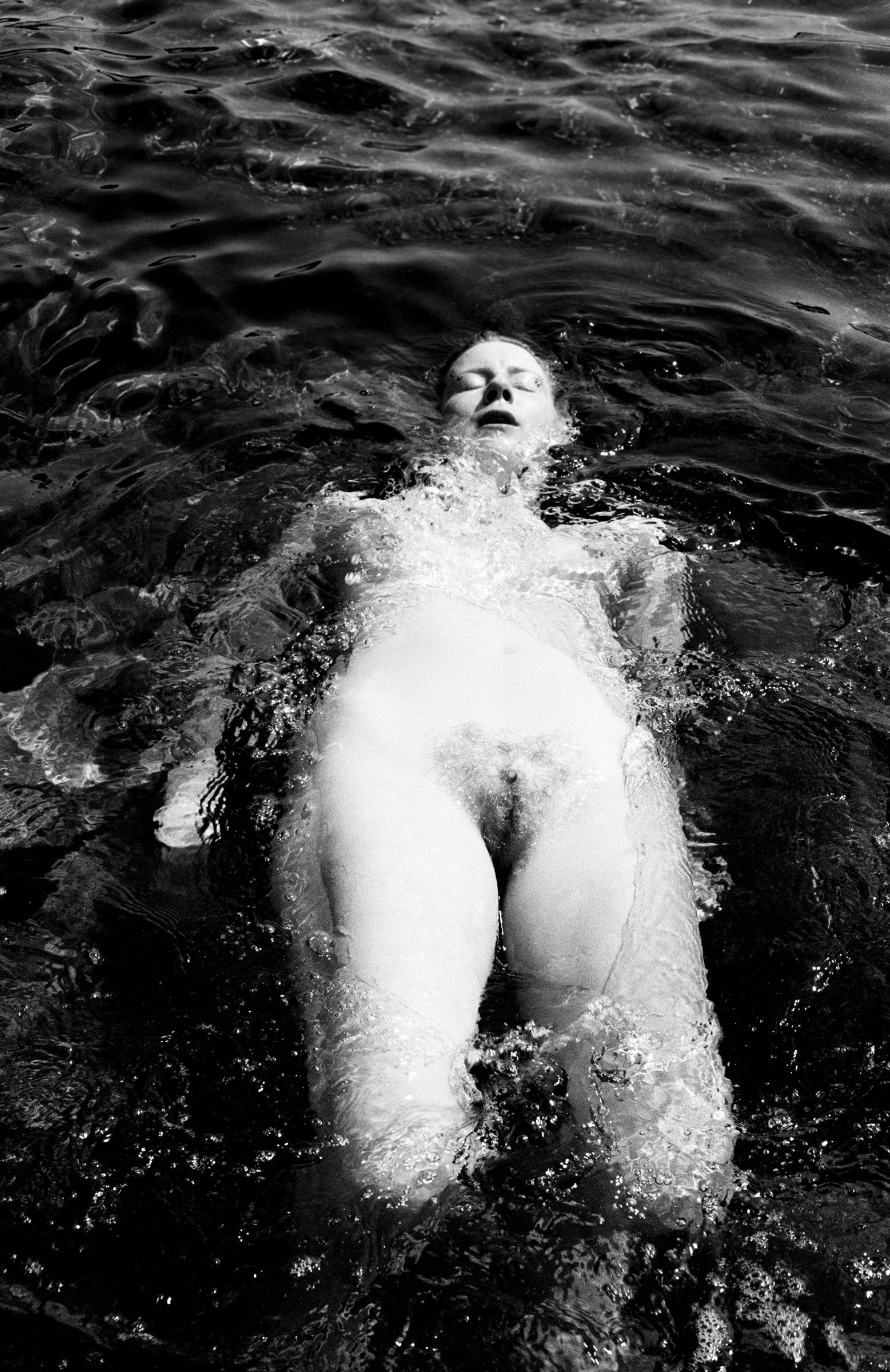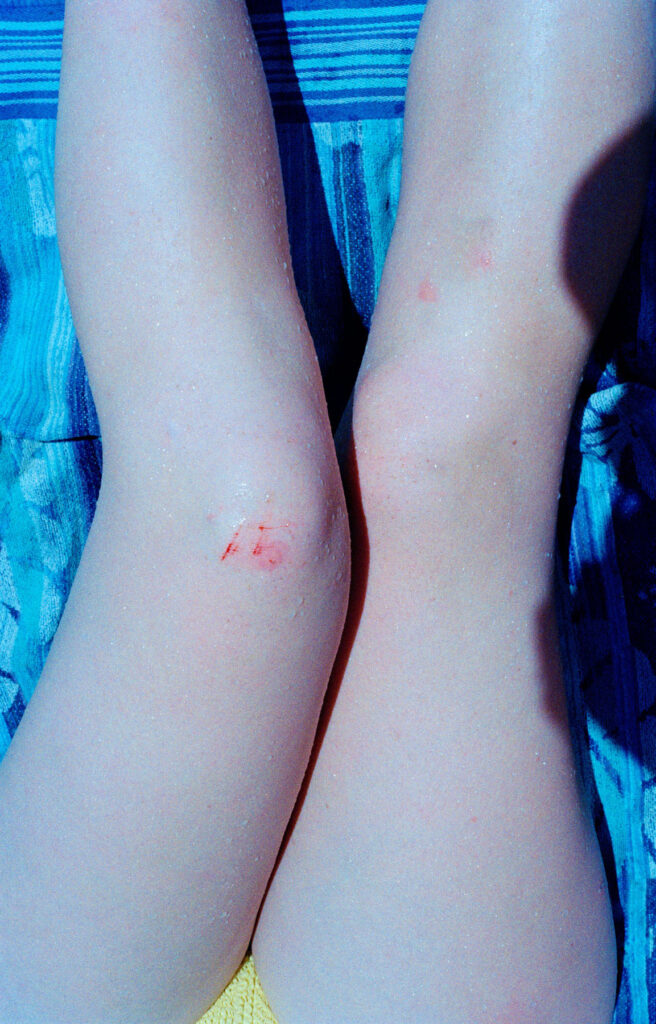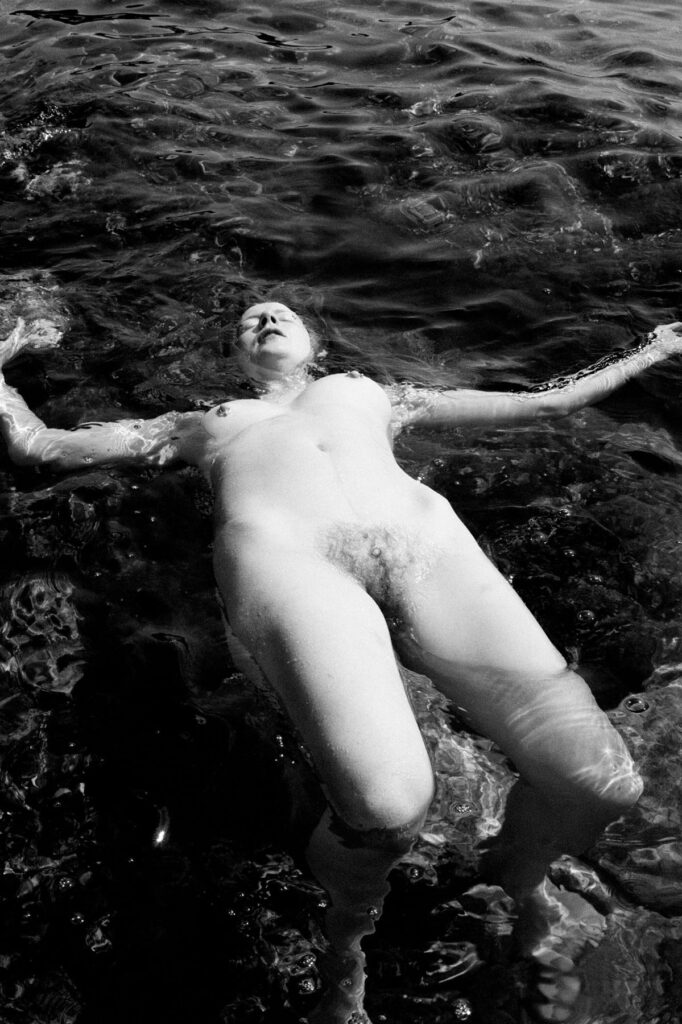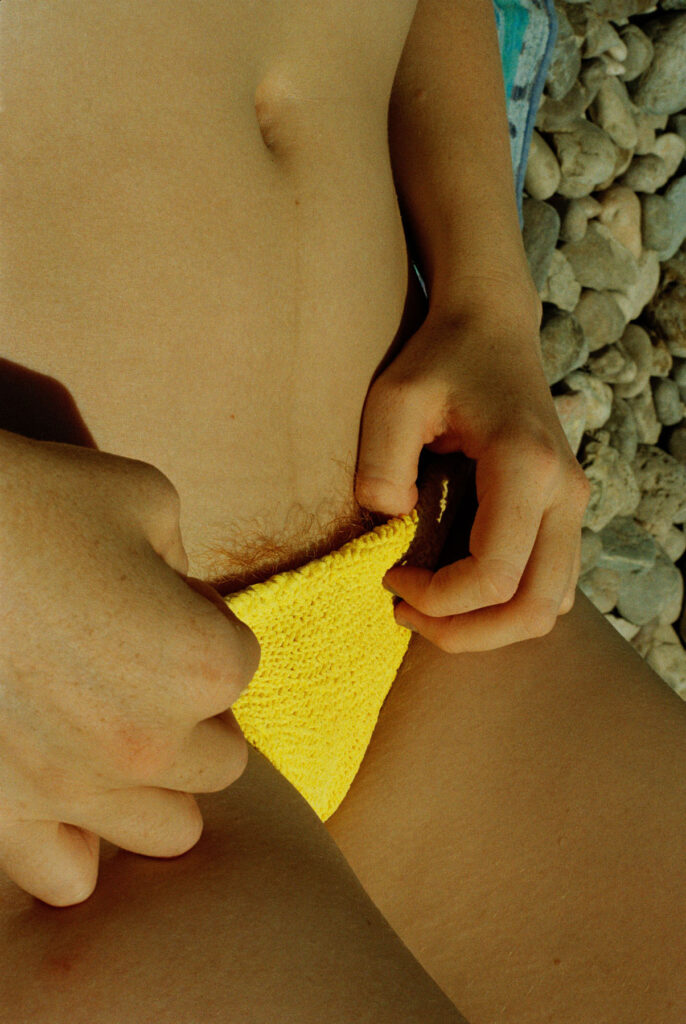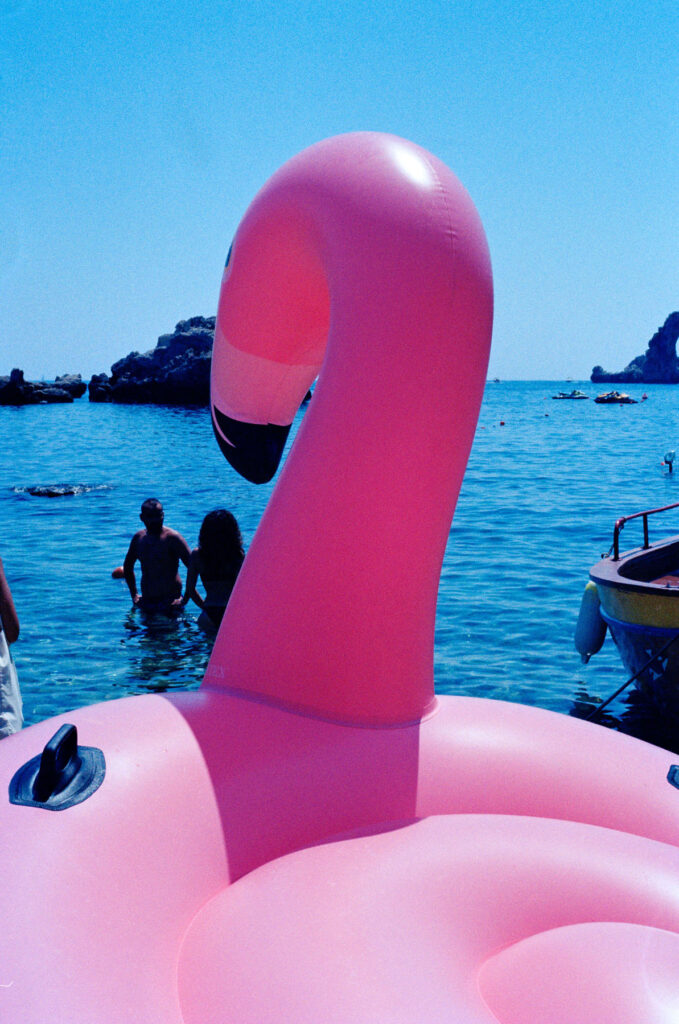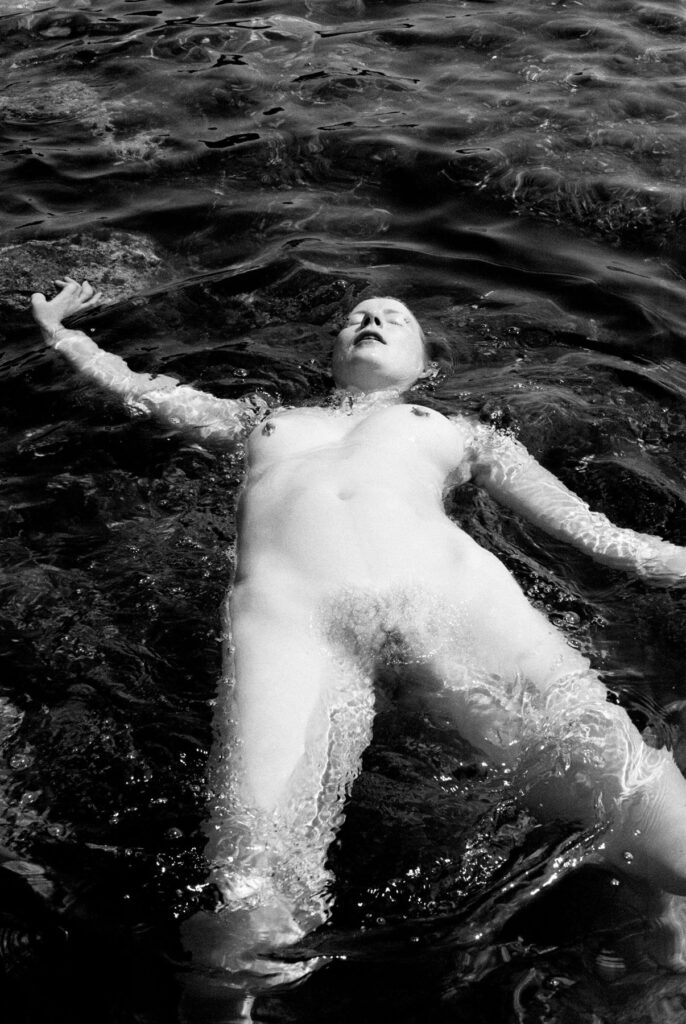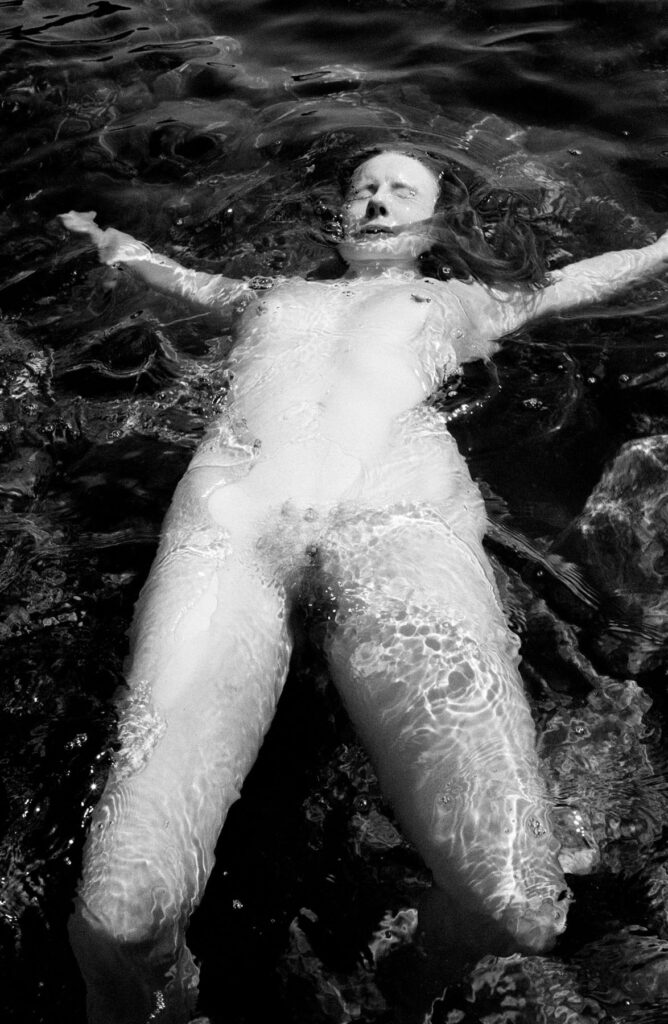Earlier this week you reached a billion streams on Spotify which sounds pretty crazy to me. How does that feel?
It feels like good, I don’t think it’s something I ever considered. Like, a million, a couple of million, sounds doable, but a billion is outside of my range of perception.
It’s fair to say you’ve achieved quite a lot of commercial success without being signed to a major label. So considering that, have you got any intentions to expand Golden Child Records in the future at all?
Yeah, there’s always more that can be done. I have lots of ideas, who knows exactly what those turn into, but it’s not going to stop here.
Case Study 01 has a pretty distinct vibe to it compared with Freudian. Could you explain the process and the intentions behind the record?
With this one, I made a few beats first, and it was more about trying to get more complete ideas from my head out into the world, as opposed to writing on my guitar. So this time, some of the lyrics came long afterwards, which isn’t how it usually works for me. I had more to say also, so it’s a lot wordier; I was also being less practical in terms of ‘first verse, second verse’, etc. I was saying a lot more and doing a lot more this time around, and then, trying to organise all my thoughts when there’s more going on that usual.
There was one video you posted on Instagram – a behind the scenes of the recording with an open piano…
Yeah, that was for Too Deep To Turn Back. We got to explore a lot more this time. With the last album, we’d go in the studio and block out a week or less because we already knew what we were going to do. Whereas, with Case Study 01, we started creating the songs in the studio, so we had time to play around and discover new things. I liked that so much more because the studio recording process is when I get to do what I want, it’s like my favourite part. So, this time, we were at Abbey Road Studios and just fucking around with all the cool stuff, and we just stumbled across this sound we liked and found a part for it…
You’re commonly referred to as a crooner, a romantic, or like a present-day D’Angelo, is that something you ever anticipated? Or is that a strange thing to be?
I mean, I guess, yeah. Singing was always my thing at school. I was always the crooner guy, that was my shtick or whatever… That was me, I could sing the emotional songs…
Did you always want to pursue singing?
It was always one of the things I wanted to be, not the first thing, but one of. When you’re little and you tell adults, well-meaning adults, what you want to be, they try and help you manage your expectations… It’s like, chances are you’re not going to be able to do it, in the nicest way, and so you try and realign, and pick something more practical. So you try and fit into what you think you’re supposed to be doing, and then you’re just not good at that. And so, it always came back to singing.
















